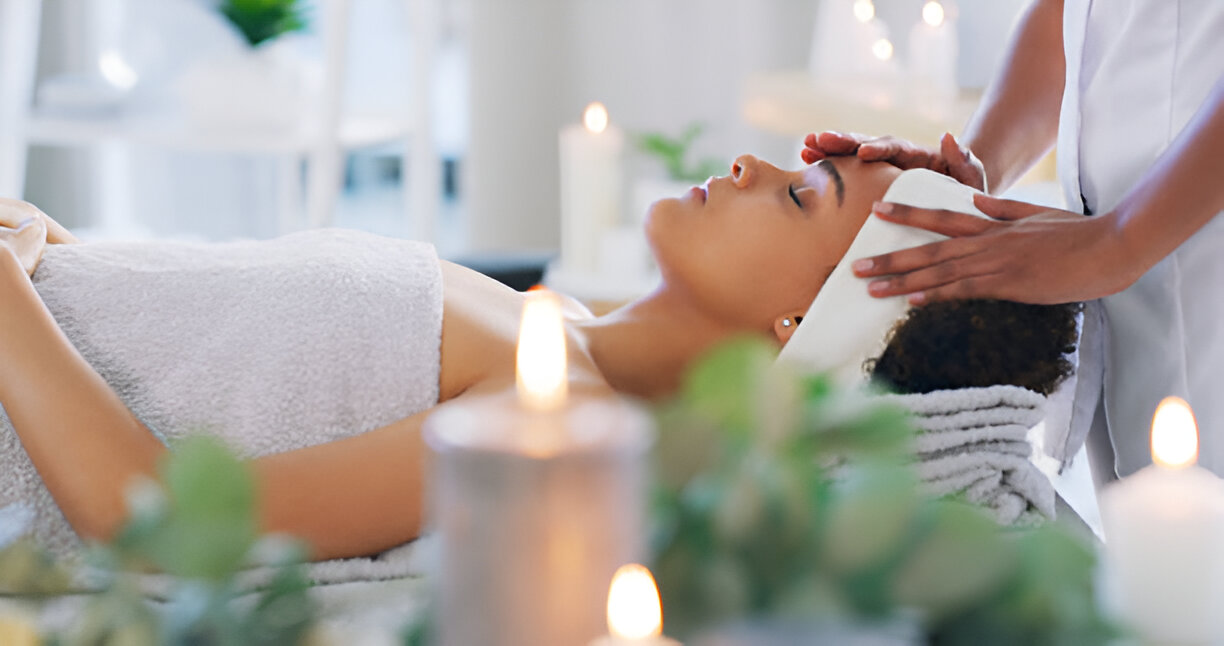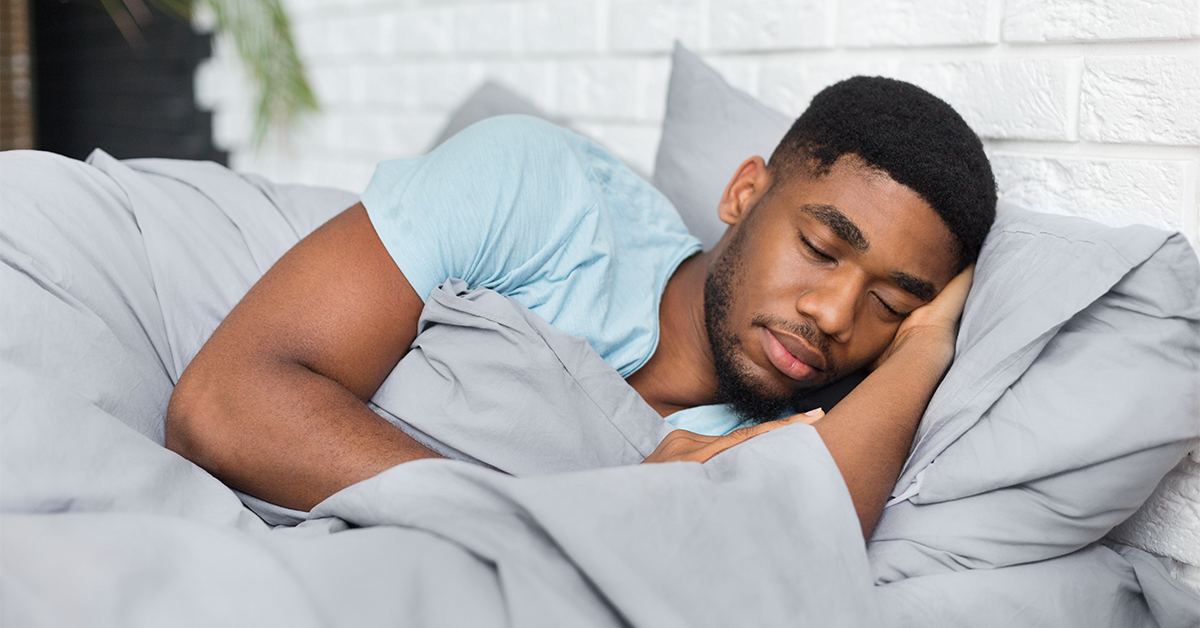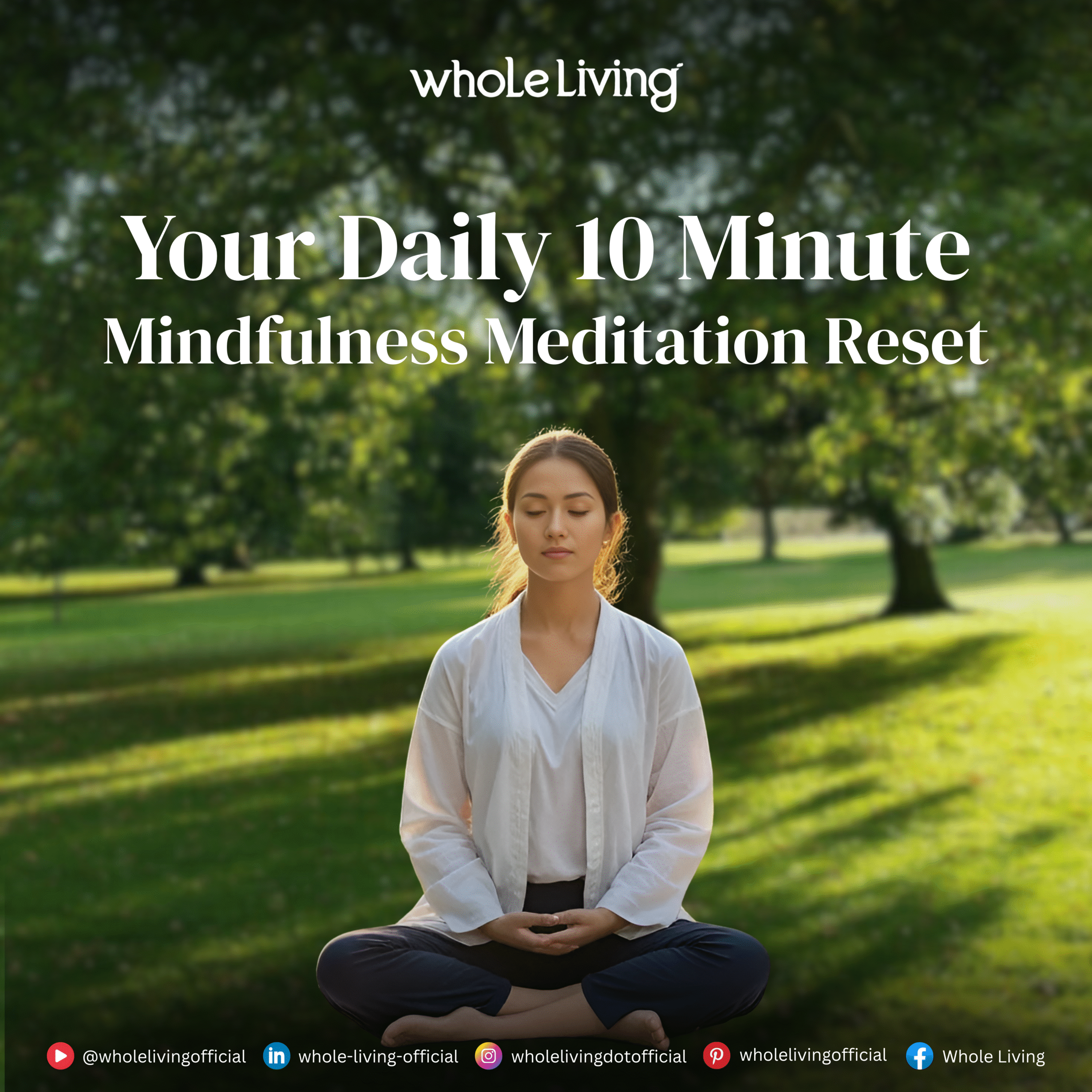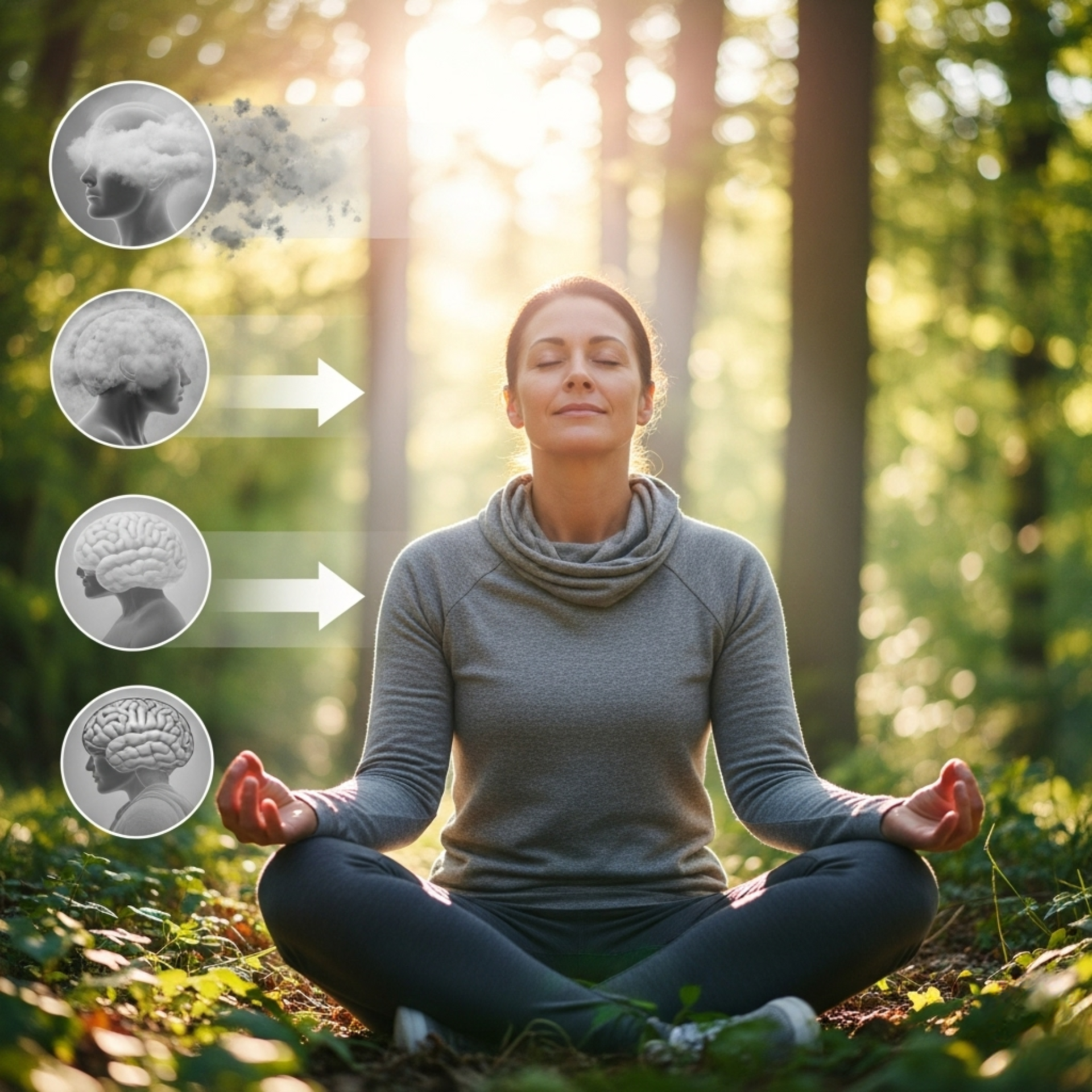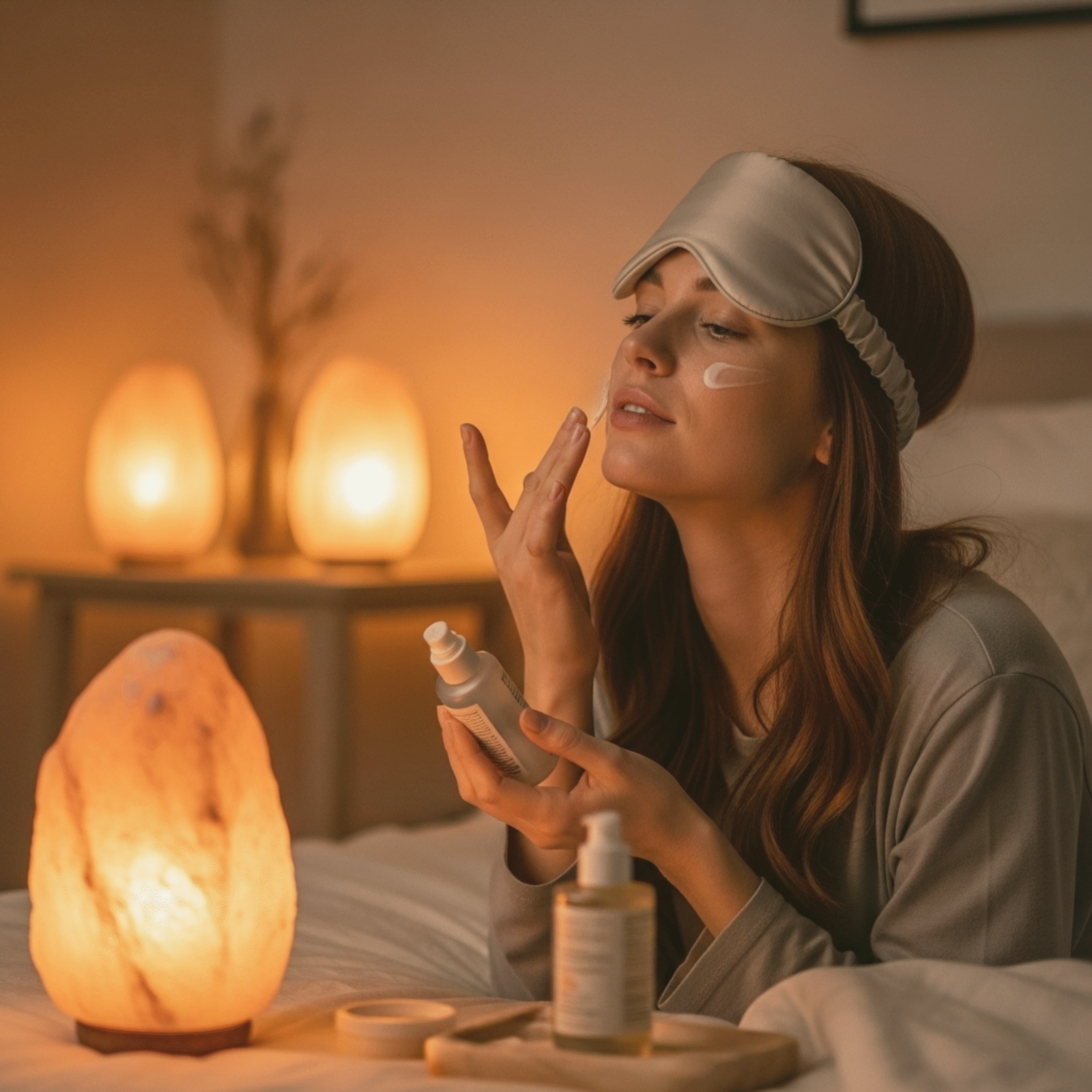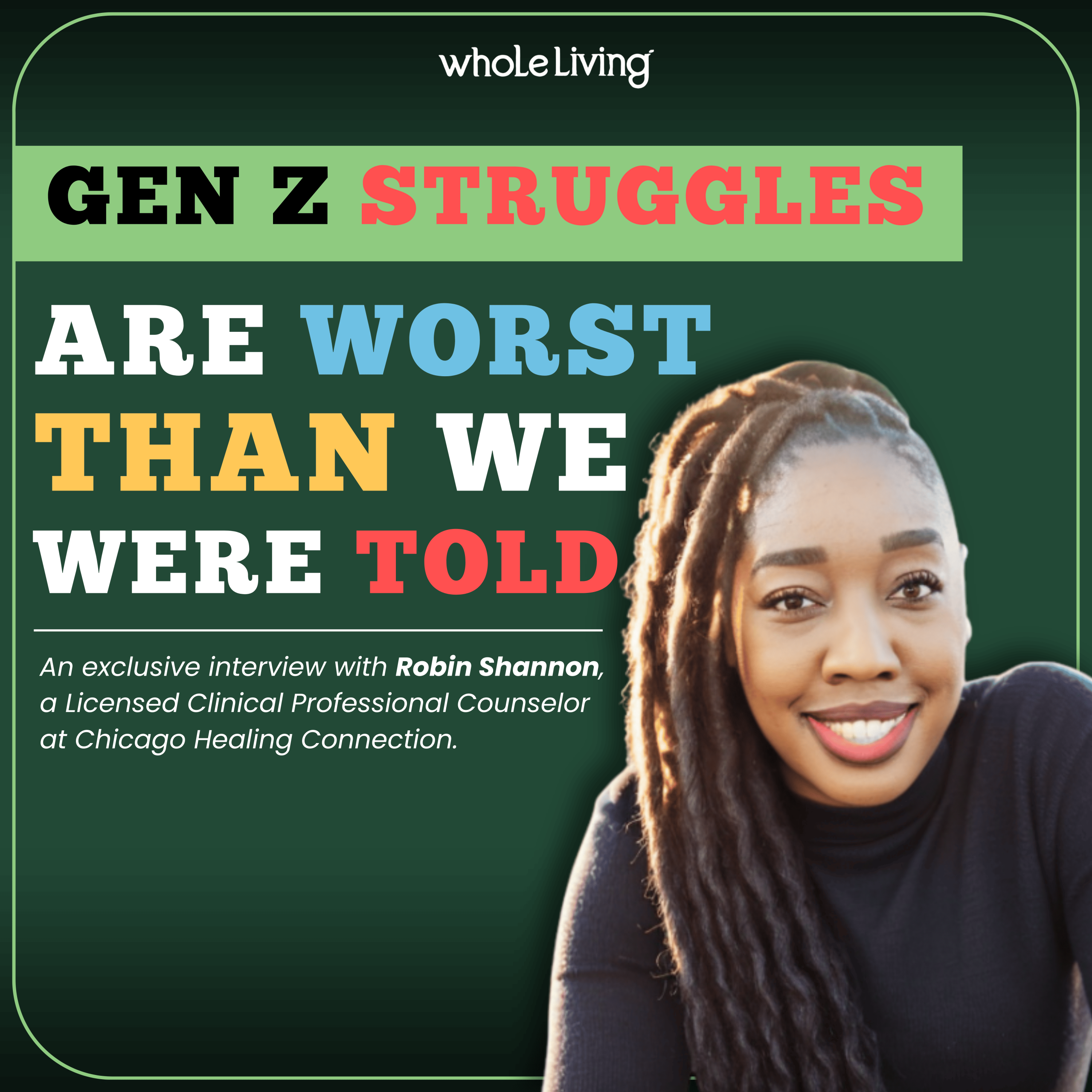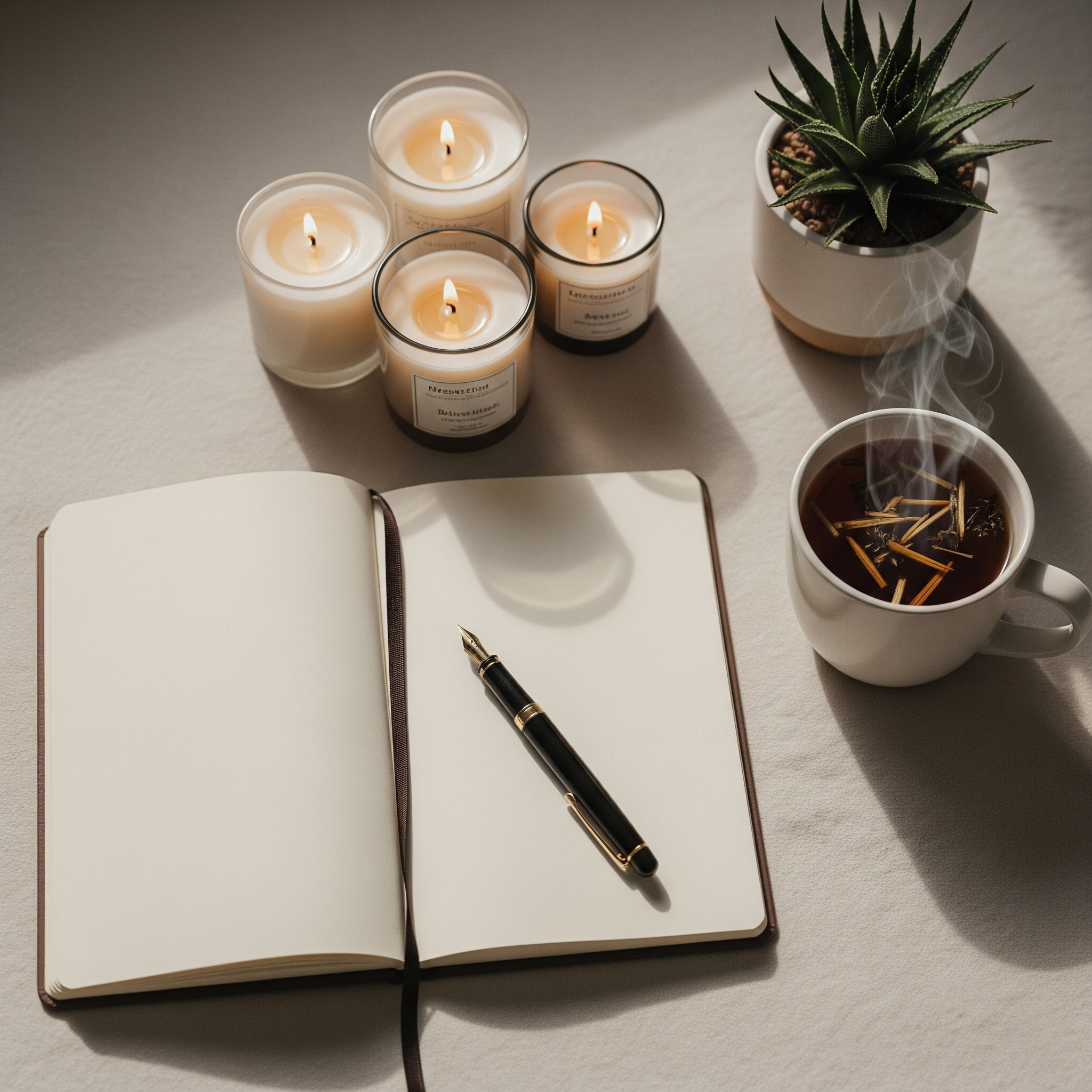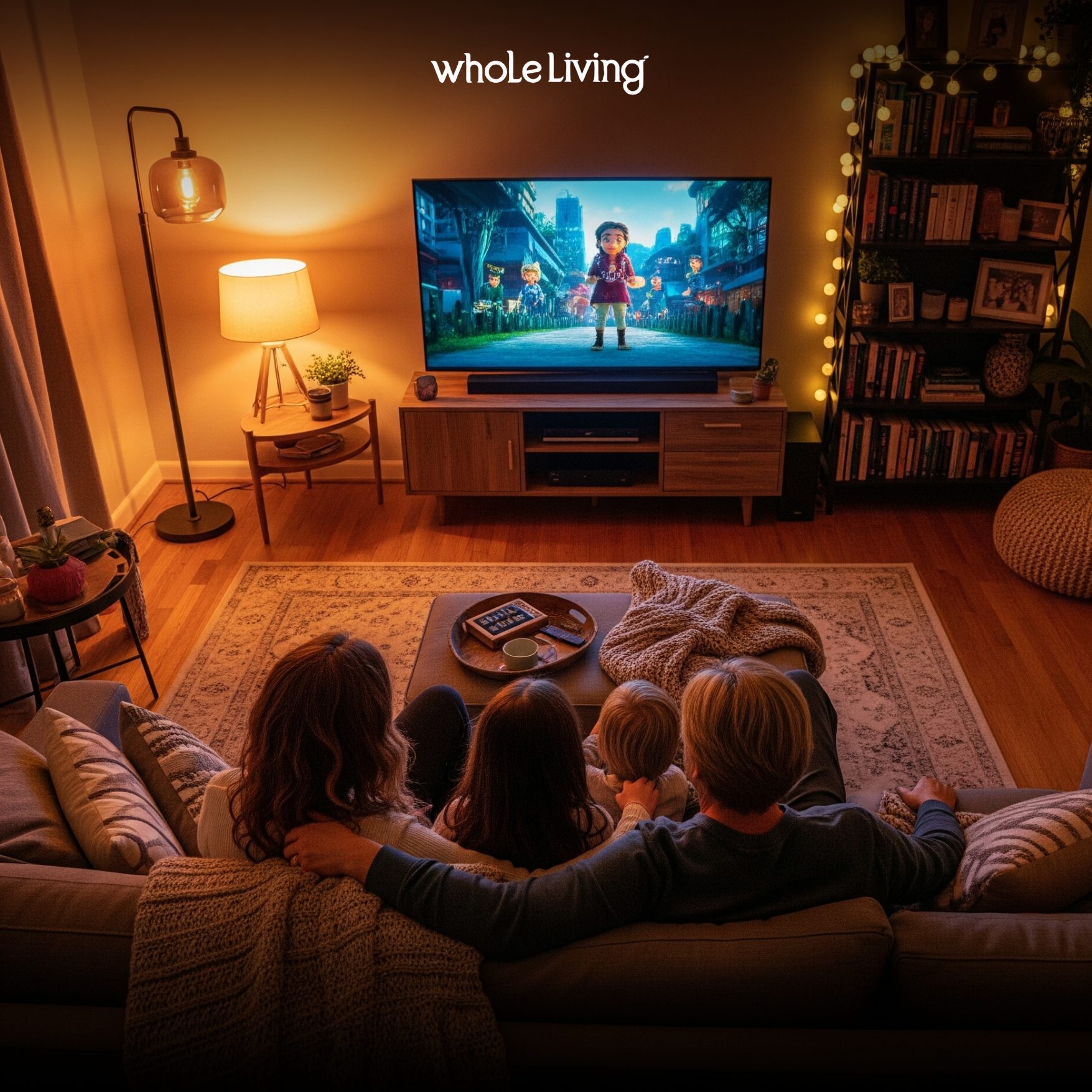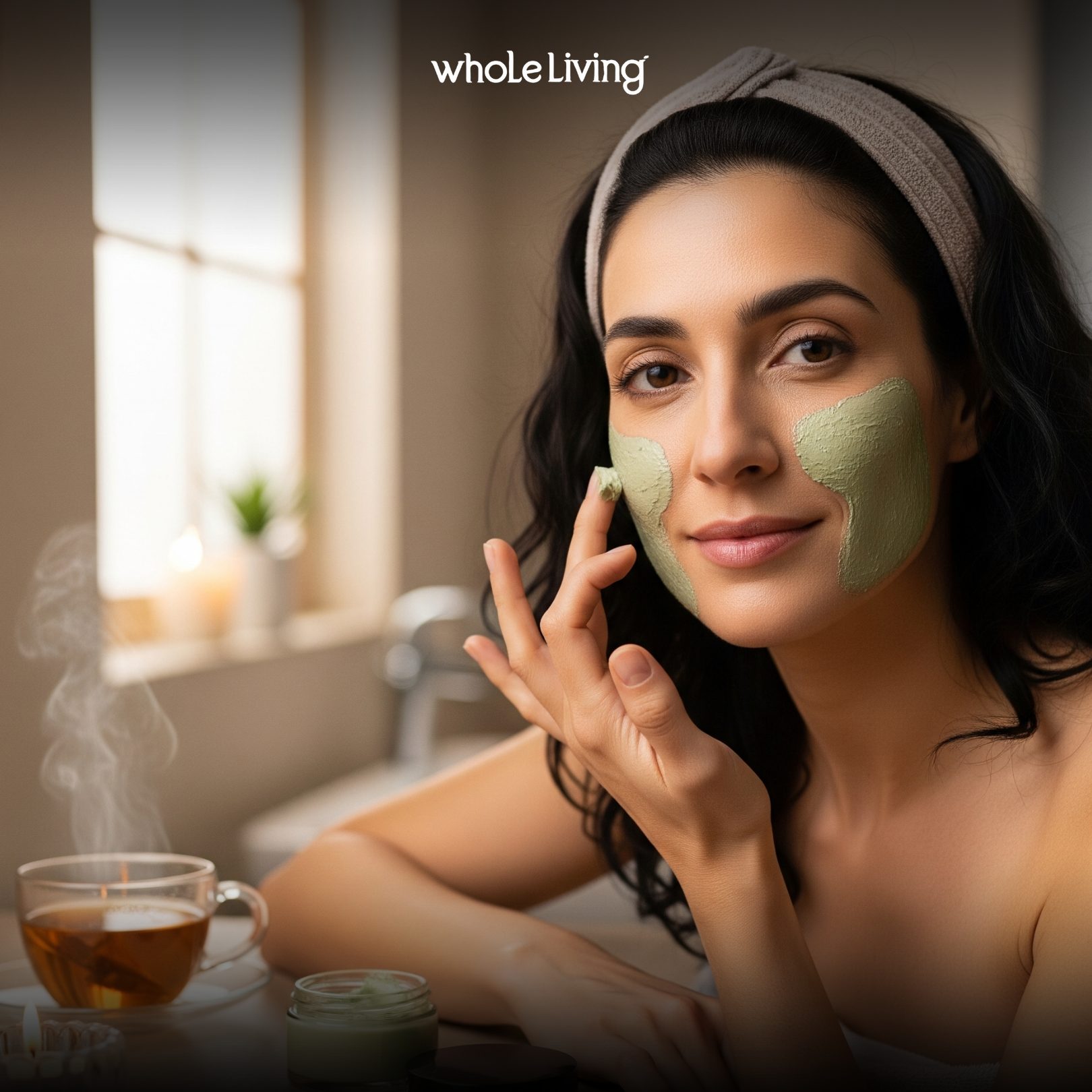In This Article
So, let’s get real sleep hygiene for teens is no joke. You might think it’s all “just go to bed,” but nah, it’s way deeper than that. Your late-night scrolls, that energy drink you chugged before study group, or even the Netflix binge that ends at 2 AM? Yeah, they all mess with your sleep big time. And when your sleep gets wrecked, everything else in your life? Total chaos school, moods, skin, even your immune system!
Let’s talk about the truth behind teen sleep, how better sleep can change your life (for real), and how to make it happen without being boring or robotic about it.
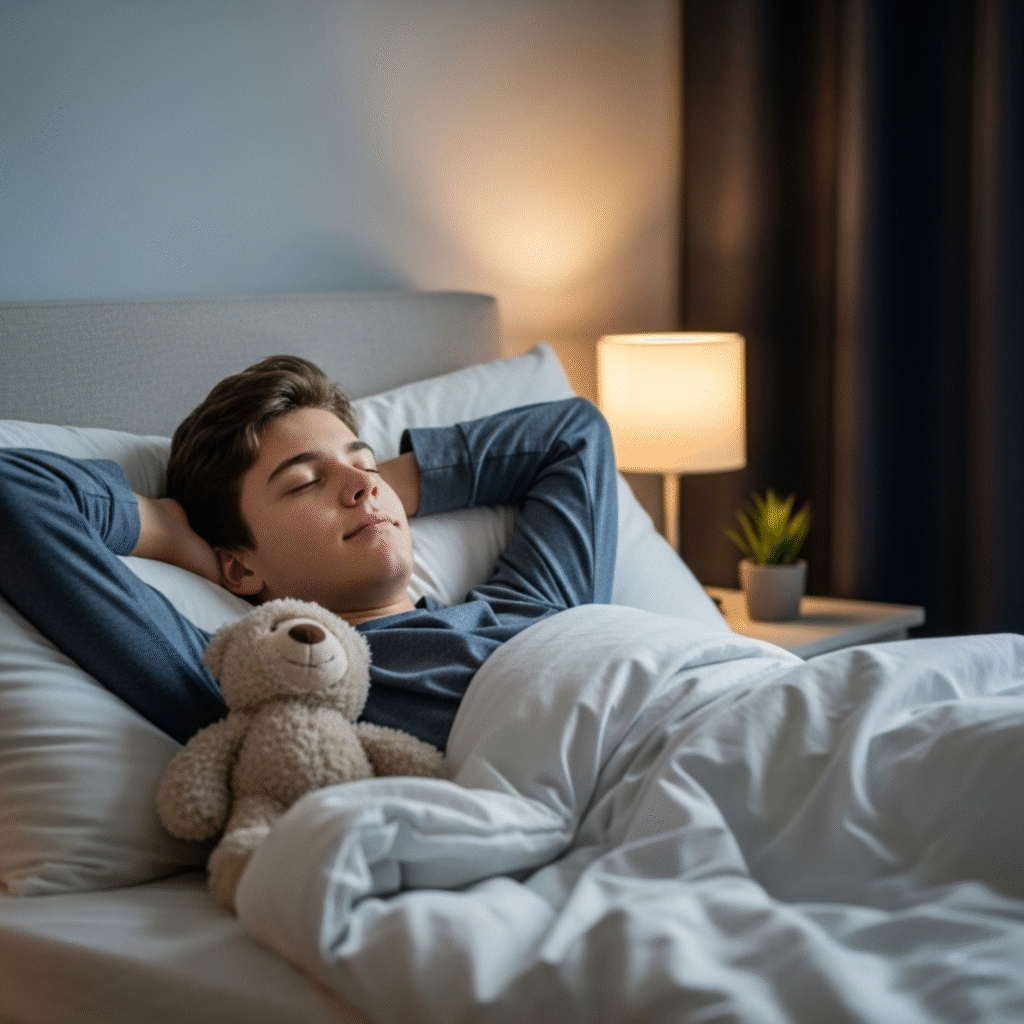
Why Sleep Even Matters So Much (Like, Seriously)
Okay, most teenagers underestimate just how critical sleep is. But your brain? It’s like, “Um, hello, I need this.” Sleep is when your body repairs itself, your mental health resets, and your academic performance levels up.
So, if you’re a part of the high school students club or deep in your teenage years, this is especially for you. You’re growing, you’re learning, and guess what? You actually need more rest than adults at least an hour or two extra of uninterrupted Zzzs. Yep, we’re talking 8 to 10 hours of sleep every night. That’s not a luxury it’s biology.
If you’ve been sleeping less than that or always feel tired in the morning, congrats you’re officially dealing with sleep deprivation. And that’s not cute. It wrecks your body clock, tanks your mental wellbeing, and ups your risk of cardiovascular disease. Yikes. That’s why sleep hygiene for teens isn’t just helpful it’s essential.
“But Why Can’t I Fall Asleep?” Let’s Unpack That Drama
Here’s the tea: many teenagers find it hard to fall asleep, and it’s not because you’re lazy or irresponsible. Your body clock literally shifts during adolescence, pushing your bedtime later. That means your brain wants to go to bed at midnight, but school starts at 7:30 AM. Make it make sense.
This shift, paired with electronic devices, screen time, and blue light exposure, is like the ultimate recipe for poor sleep. You’re wired and lying awake, while your sleep hormone melatonin is like, “I guess I’ll show up late.”
And let’s not even talk about that 11 PM pizza run. Going to bed hungry or stuffed? Also a no-go. Your sleep environment has to be right, your bedtime routine needs to serve you, and your brain needs a break.
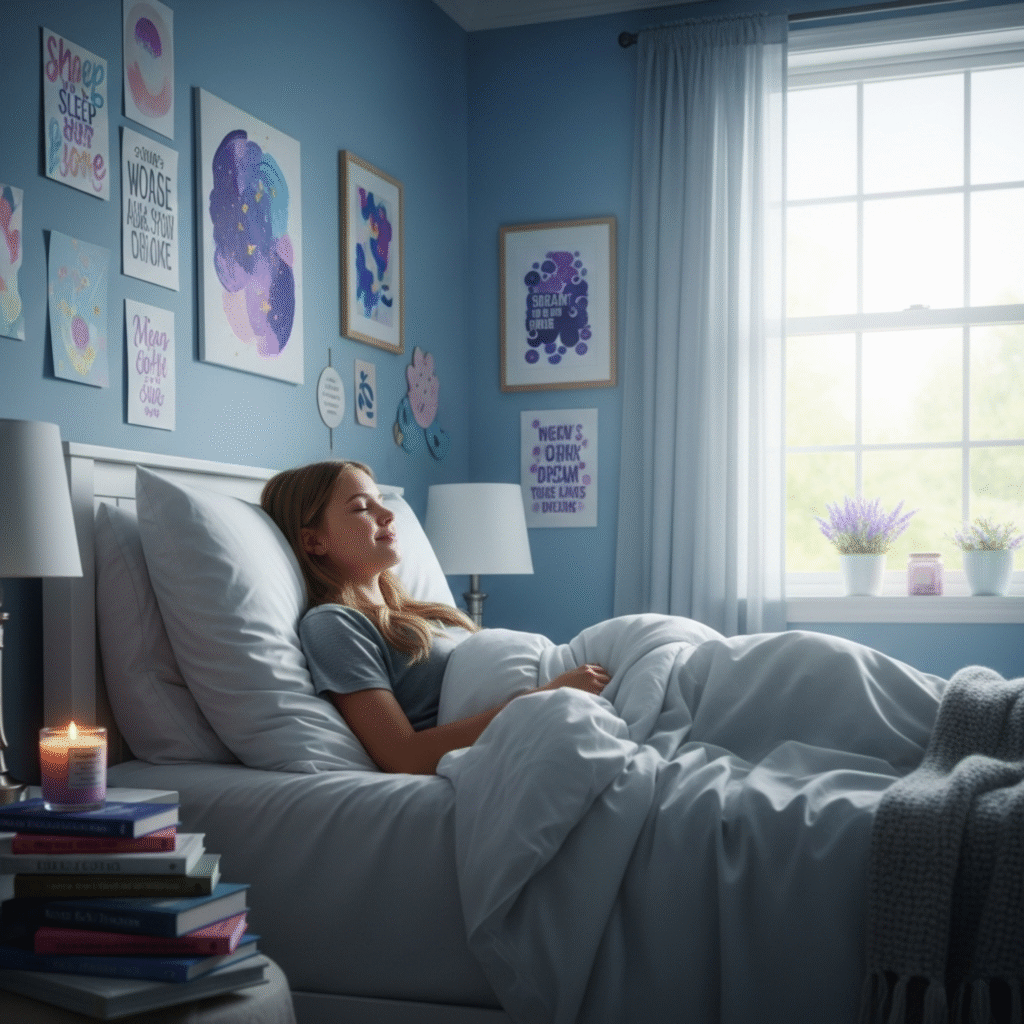
How Much Sleep Is Enough Sleep?
Let’s settle this: how much sleep do you actually need? If you’re between 13–18 years old, you should get 8 to 10 hours of sleep every single night. That’s not a suggestion. That’s science, baby.
But the catch? Less sleep means worse sleep quality. You start skipping rapid eye movement (REM), your body clock gets all confused, and suddenly you’re a hot mess with sleep problems left and right. Poor sleep hygiene for teens is a major culprit and it’s way more common than you think.
If your sleep duration is too short, your sleep outcomes (yes, that’s a thing) go down fast. And trust me, no skincare routine or cup of coffee can undo what insufficient sleep and bad sleep hygiene for teens do to your face, mood, and ability to function like a human.
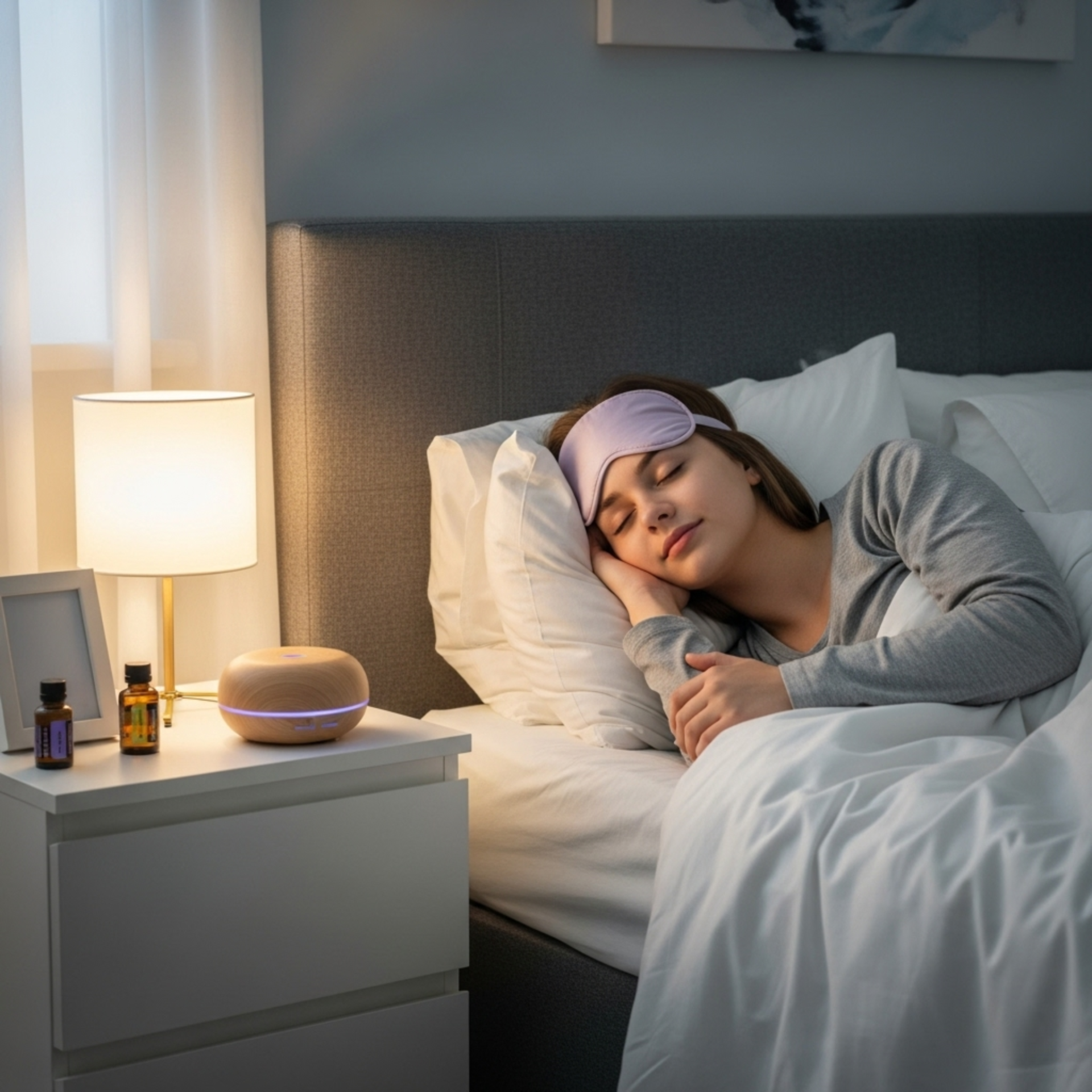
Struggling to sleep? Master these habits and wake up feeling like a whole new person.
The Real Deal Sleep Hygiene Tips (With Sass)
Let’s fix it, shall we? These sleep strategies are easy, real, and might just save your grades and your glow-up.
1. Create a Consistent Sleep Routine (No Matter What)
Look, I get it weekends feel sacred. But sleeping in ‘til noon on Saturday, then pulling an all-nighter on Sunday? That's exactly why you're walking into school looking like a zombie on Monday morning. Your body clock isn’t some flexible little assistant that works around your chaos it’s more like an overworked manager who just wants a consistent shift.
Good sleep hygiene means going to bed and waking up at the same time every day. Yes, even when there's no school the next day. Think of it like training a pet your brain learns the rhythm and starts powering down at the right time every night. This is one of the most powerful sleep strategies out there. It stabilizes your sleep duration, helps your mood, and totally levels up your academic performance. So be consistent. Your mental wellbeing depends on it.
2. Make Your Room a Sleep Sanctuary
Your sleep environment matters way more than you think. If your room feels like a storage closet/mini movie theater/silent disco, you’re basically telling your brain to do anything but sleep. Time to flip the vibe.
Keep it cool, dark, and quiet or use white noise if your neighborhood sounds like a racetrack. Lights off, drama off, screens off. This is your bed, not a group chat. Make it comfy, cozy, and a little boring. Why? Because you want your brain to associate that space with quality sleep, not cramming for exams or crying over your crush’s cryptic post. And definitely no electronic devices in bed. That’s a betrayal to your good night’s sleep.
3. Cut the Screens Before Bedtime (Yes, I Said It)
This one hurts, but hear me out: scrolling right before bed is destroying your ability to fall asleep. That blue light your phone throws off? It suppresses your sleep hormone, melatonin. Translation: your brain thinks it’s still daytime, even though it’s 11 PM and you’re lying awake wondering why you’re not tired.
So here’s the move put your phone down at least an hour before bedtime. I know. It’s tough. But that last-minute snap or TikTok spiral isn’t worth the poor sleep and waking up with a foggy brain. Try a no-screen wind-down: read a book (yes, a real one), stretch, journal, or just vibe to music. You’ll fall asleep faster and wake up feeling like a human again.
4. Establish a Chill Bedtime Routine
Routines aren’t just for toddlers, okay? Your brain loves predictability. A soothing bedtime routine tells it, “Yo, it’s time to shut down.” And trust me after a long day of surviving teenager’s life, your body and mind deserve some peace.
This doesn’t have to be deep or dramatic. Think light stretching, a warm bath, breathing exercises, skincare, or even journaling to clear the mental chaos. Play soft music if that’s your thing. And whatever you choose, make it calming. No intense workouts, no drama recaps, no last-minute cramming. That “worry session” can wait until morning or better yet, not happen at all.
This kind of bedtime routine isn’t just cute it’s powerful. It improves your sleep quality, supports your mental health, and helps prevent sleep disorders that can totally wreck your week.
5. Avoid the Usual Sleep Wreckers
Let’s call these out: energy drinks, spicy snacks, heavy meals, stressful convos, and doom scrolling. Basically, everything you love late at night… is ruining your good sleep hygiene.
That Red Bull at 8 PM because “you have math homework”? Bad idea. Caffeine blocks the sleep hormone, and it stays in your system for hours. Plus, eating too much too late makes your body focus on digesting, not resting. So yeah, if you’re waking up bloated, groggy, and cranky you already know why.
Also, stop trying to have major life realizations or solve the world’s problems at 1 AM. You’re not gonna figure it out right then, and your sleep deprivation is only going to make everything look 100x worse.
Instead, plan your heavy stuff for earlier in the day. Give your brain some breathing room before bedtime. You’ll wake up clearer, calmer, and way more equipped to deal with everything life throws at you.
Say goodbye to sleepless nights these natural fixes are your new bedtime besties
When to Worry: Sleep Problems That Need Extra Help
Not everything can be fixed with lavender spray. If you're constantly sleep deprived, struggling with sleep disorders like insomnia or restless legs, or thinking of sleep medicine way too often talk to someone. Your parents, a doctor, or a sleep specialist. There’s no shame in that.
Some teenagers with ADHD, anxiety, or other issues have more trouble with sleep duration and quality sleep. Sometimes, other factors like hormones, stress, or chronic illness make it worse.
But don’t self-diagnose. And for the love of sleep, don’t pop sleep medicine just because you’re tired. It’s not a candy bar.
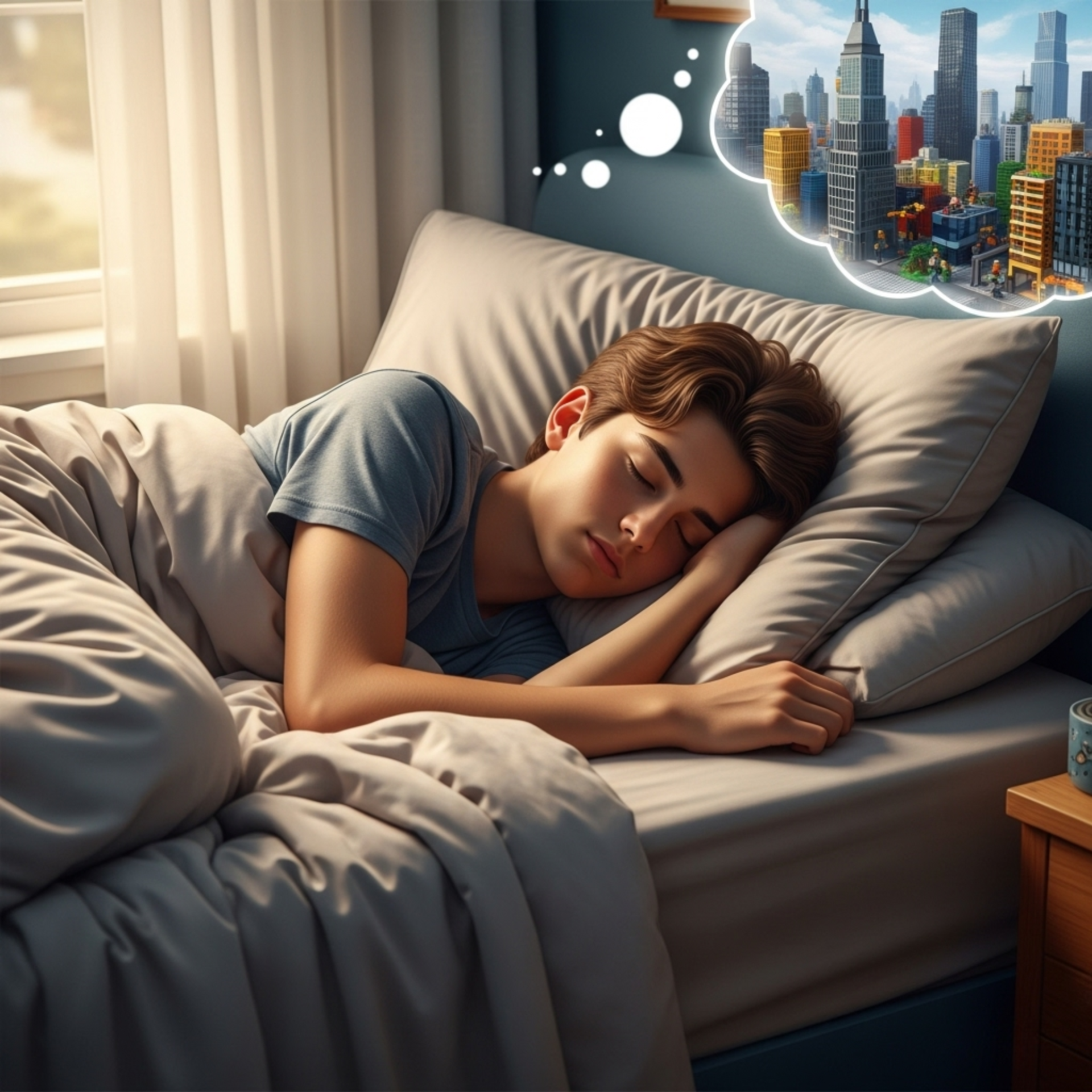
Let’s Talk School Nights and Unrealistic Expectations
Let’s be real: the teen sleep crisis isn’t your fault. Blame it on early school start times, never-ending assignments, sports, jobs, and the pressure to “do it all” before bedtime. It’s like the system is built to keep high school students running on zero. If you’ve ever lost sleep cramming for a test or spiraling about your to-do list at 1 AM, you’re not alone most teenagers are living in a state of permanent sleep deprivation, and it’s seriously messing with your mental health, focus, and vibe.
But here’s the truth bomb: just because everyone’s exhausted doesn’t mean you have to be. Poor sleep isn’t some badge of honor it’s a bad habit disguised as hustle. So flip the script and start treating quality sleep like your GPA depends on it (because spoiler: it does). Practicing solid sleep hygiene for teens like sticking to a bedtime and cutting screen time can help you fall asleep faster and wake up sharper. One consistent routine won’t just boost your academic performance, it’ll upgrade your mood, your glow, and your entire teenager’s life. Sleep smart. Win more.
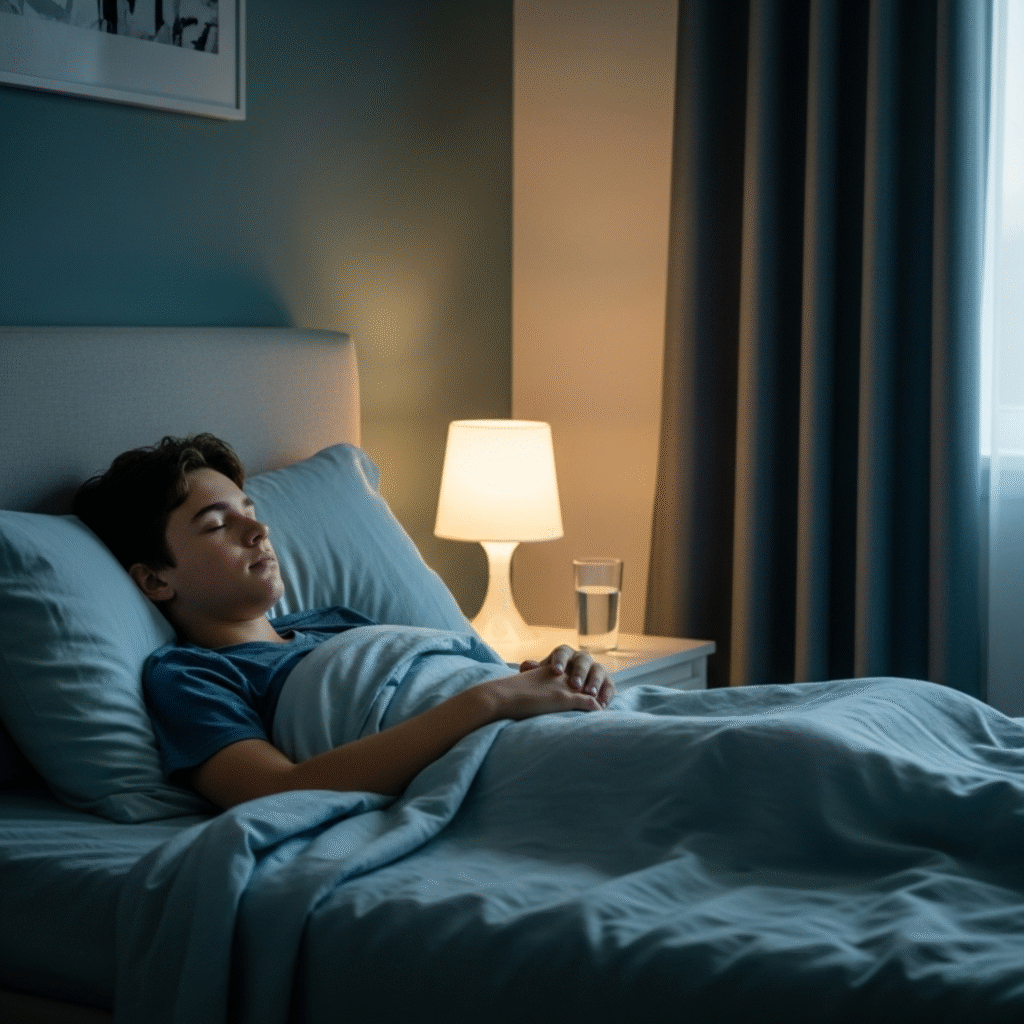
So, What Now?
Here’s the bottom line: sleep hygiene for teens isn’t about being perfect it’s about being intentional. It’s about being kind to your brain, knowing when to shut it down, and treating sleep like the non-negotiable life essential it truly is.
Better sleep leads to better mornings, sharper thinking, and happier moods. Practicing strong sleep hygiene for teens can seriously level up your teenager’s life not just for school, but for your overall health, your glow-up, your goals everything.
Reflect on this: What’s one thing you could change this week to sleep better? Less scrolling? Earlier bedtime? A calmer bedtime routine?





